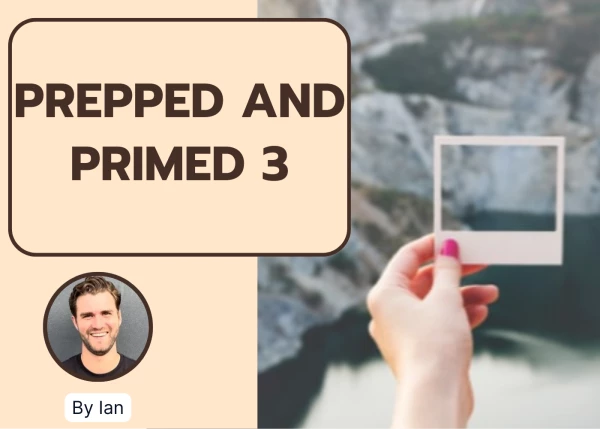I receive feedbacks that I ask too many questions and spend too much time asking “clarifying questions” before I start to structure the case. What is a suitable time to ask clarifying questions?
On the types of clarifying questions - I'm trying to find a balance between asking specific questions vs. too detailed. Although the questions depend case by case, could you let me know whether these questions would be suitable? Any questions that are “too detailed” and should be placed in my structure instead of clarifying questions?
1.Objective and time line: what does the client what to achieve and in what time frame?
2.Client & it's business model: who is the client and what do they sell, who is the customer, what is the distribution channel, etc
3.Operational metric: For instance, in a case the client wants to set up a call center at the lowest cost. Should I ask: operational hours / employee shift / salary budget per staff, etc?
4.Scope & definition: is the client considering selling the product domestically or internationally?
5.Limitation: does the client have enough capital to acquire competitor?
6.Rationale: why does the client want to set up its own factory?
Thanks!













